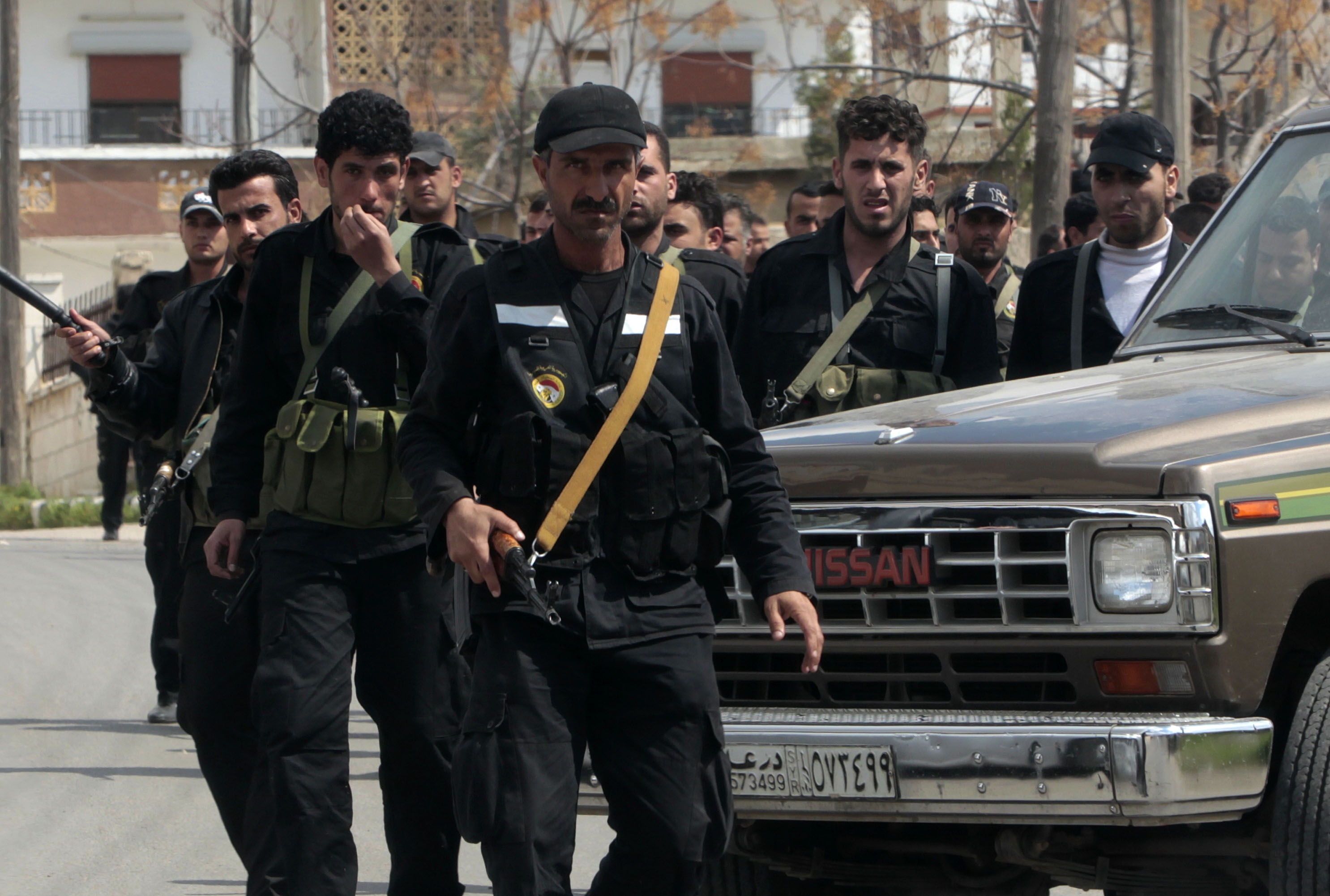Those who hoped that international pressure would force Syrian President Bashar Assad to ease the brutal repression of pro-democracy, anti-government protesters got their answer on Monday. It won't. In a series of raids across the nation, security forces arrested hundreds of protesters in well-planned and executed house-to-house raids. It is a clear signal that Assad will brook no dissent and that the protests will be quashed regardless of the pressures brought to bear against his regime.
Assad made that clear in a statement apparently made on Sunday. In a reference to the on-going crackdown that has claimed at least 600 civilian lives, left hundreds injured and a large but unknown number of individuals in jail, the president said that ... "the current crisis in Syria will be overcome ..." That was followed b Monday's raids in which hundreds of people, including the leading organizer of protests and members of his family as well as high-profile individuals who have publicly called for the end of he Assad family's 40-year reign in Syria.
Monday's actions stirred additional protests within Syria but those, too, were met by a show of strength in several cities. It was difficult to ascertain precisely what occurred Monday because Syria has banned much of the foreign media and restricted access for reporters in many parts of the country. Enough verifiable information was available, though, to confirm the widespread raids and the use of security forces and troops to target opponents of the Assad regime.
Monday's raids also prompted new international sanctions. The European Union announced an arms embargo targeting weapons "that could be used for internal repression." The sanctions also freeze the assets and prohibits travel to traveling to the 27 EU countries for 13 Syrian government officials "who have been identified ... as being responsible for the violent repression against the civilian population." Those are in addition to trade, financial and security sanctions imposed by the United States.
It's doubtful, though, that the new sanctions or increased international opprobrium will prove useful in curbing Syrian oppression or promoting reform. The Assad government's tangled web of regional and international alliances makes it extremely unlikely that outside help for the pro-democracy movement will be forthcoming. Syrians are on their own, for now, in their increasingly dangerous battle for a more free and open government.
